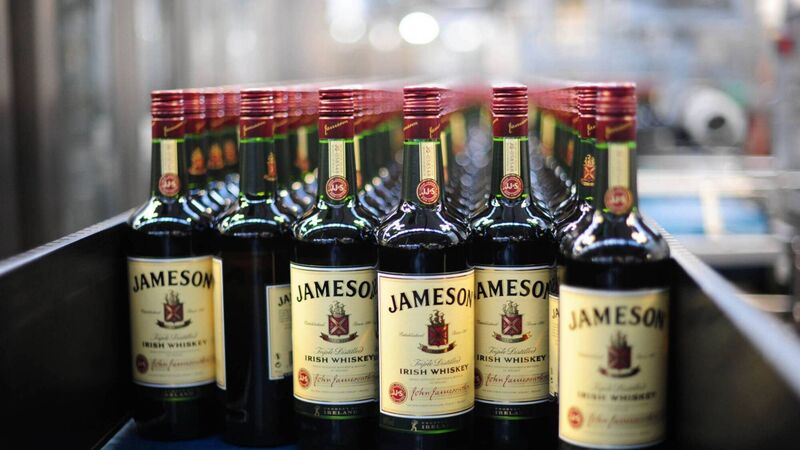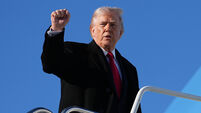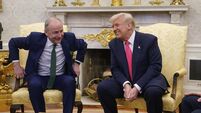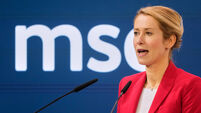How US alcohol tariffs will hike prices for Americans

The US is, by far, the biggest market for the top spirit makers among Western countries including Ireland, and most European wine and spirit producers.
Americans keen on a stiff drink at a bar should brace for a sobering rise in prices, with Scotch whisky connoisseurs potentially stomaching an extra $1 on average per drink, thanks to US tariffs on UK and European goods, according to an industry analysis shared exclusively with Reuters.
Other EU alcohol, like French Champagne, Irish whiskey and Italian prosecco, may see price rises, with the tariffs impacting some $10bn (€8.6bn) worth of such imports each year. Brands affected include Diageo's Guinness beer and Pernod Ricard's Jameson Irish whiskey.














